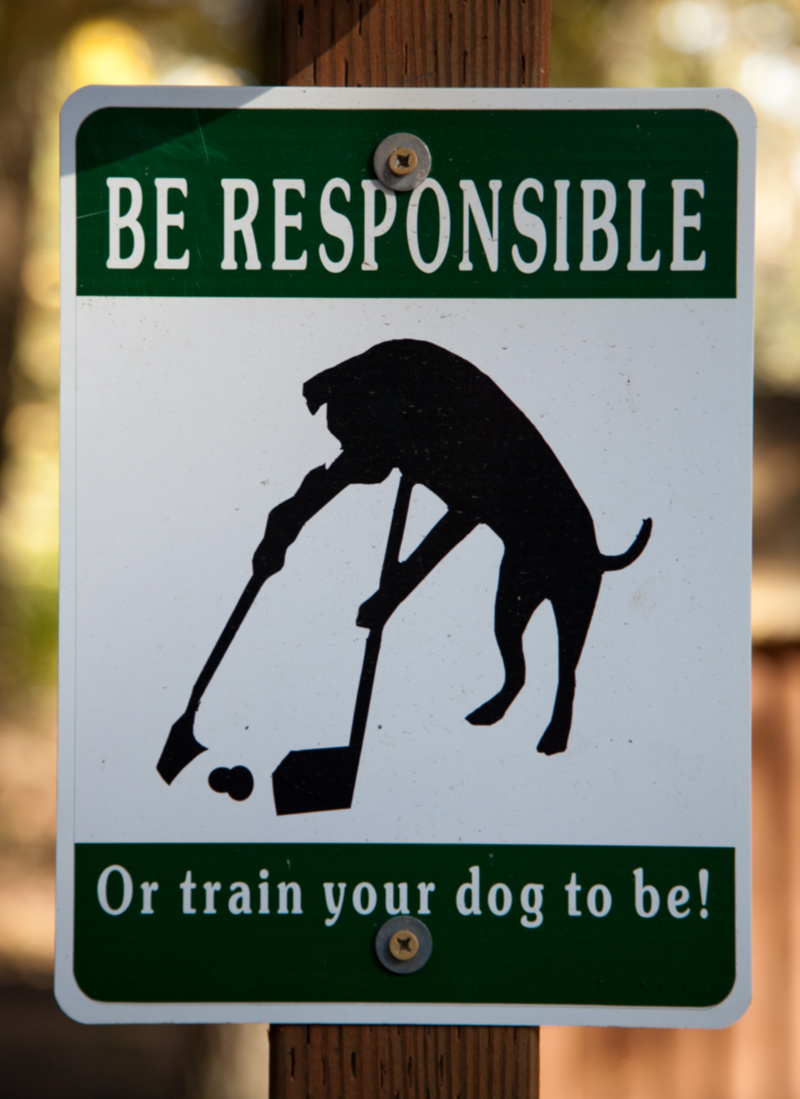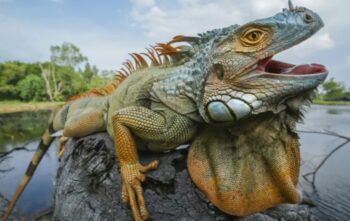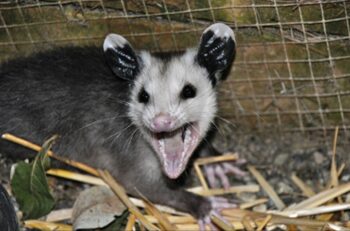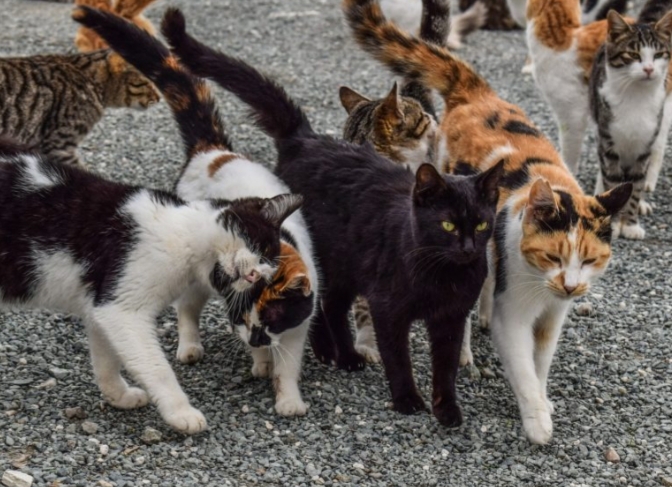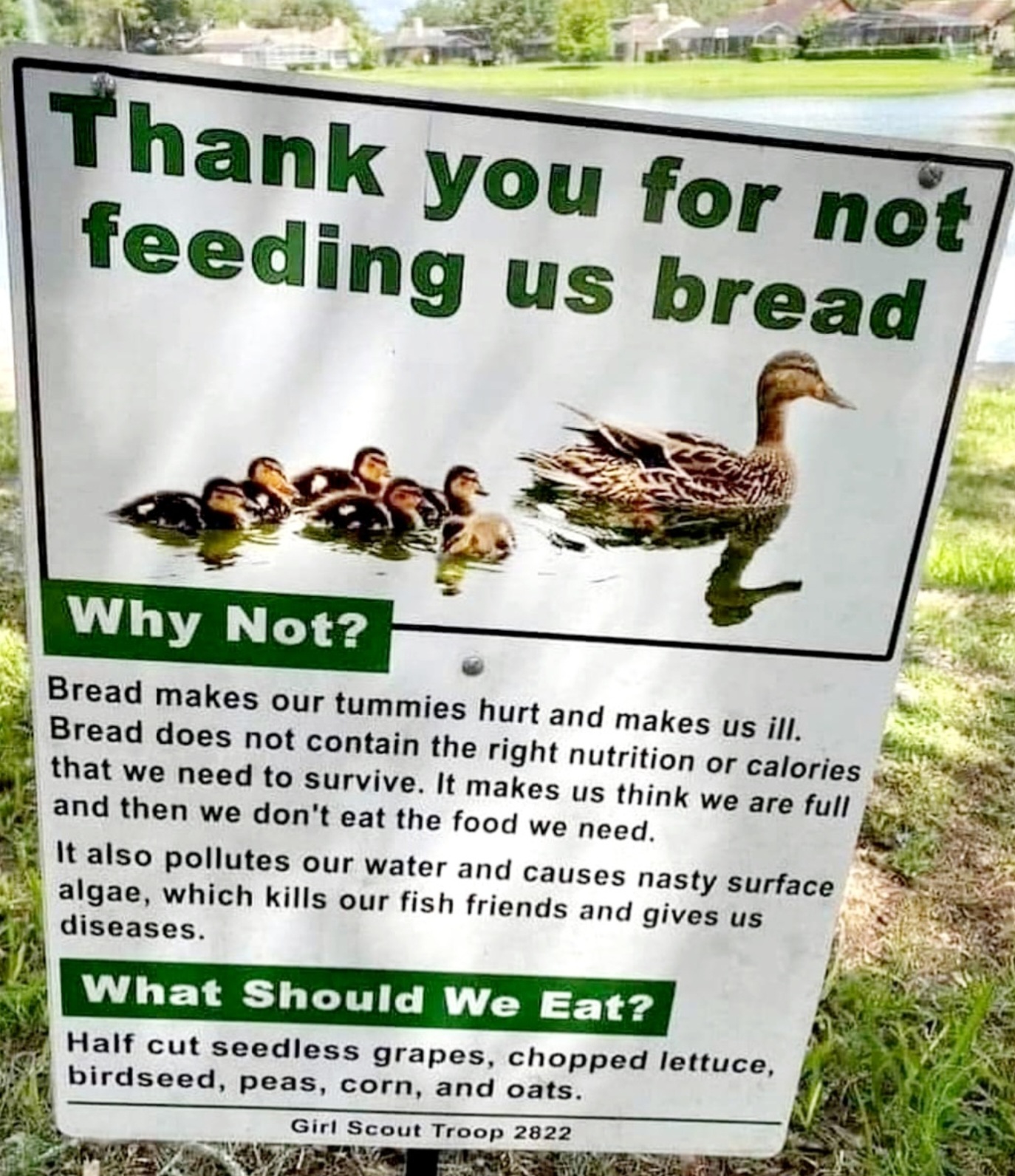Animal Policy
Pertaining to animals certain Rules and Regulations need to be followed in order to keep the community & it’s residents clean and disease free.
– Property Management
Pet’s
We promote a “Clean” community!
Homeowners are allowed to keep any “domesticated” canine or feline species as pets. Dogs should be on a leash and under control at all times when outside the confines of fenced areas of your yard. Barking dogs are considered a violation of the City Noise Ordinances and can result in citations and fines. The owner is responsible for the immediate clean up of all pet litter. No other undomesticated animals, such as swine, foxes, goats, horses, livestock, birds, insect or poultry of any kind are permitted. Having or maintaining any of the excluded type of animals will be cause for immediate legal action by the HOA against the homeowners and any and all legal cost involved will be borne 100% by the homeowner in enforcing these rules.
As a responsible pet owner, please do your part & educate yourself on preventing contamination of our community & local water bodies. Please pick up after your pets!
Did you know:
- There are bacteria, viruses and parasites in your dog’s poop? Yikes!
- Some of these diseases and parasites are Zoonotic and affect humans as well.
- The EPA has labeled dog waste as a non-point source pollutant, similar to herbicides, insecticides, oil, grease and toxic chemicals.
- Fecal coliform bacteria can cause intestinal illness and serious kidney disorders in humans!
It’s the law! Section 4-8 of Broward County’s Chapter 4 Ordinance requires pet owners to pick up after their dog.
Source (https://www.broward.org/Animal/Resources/Pages/ScoopThePoop.aspx)
CLICK HERE TO LEARN MORE ABOUT ANIMAL LAWS IN BROWARD COUNTY
Stray Animals
Iguanas
While some Iguanas look cool and can be pets, they can also cause damage by eating valuable landscape plants, shrubs, and trees, as well as orchids and many other flowers. According to the Florida Fish and Wildlife Conservation Commission, because green iguanas are not native to Florida, the reptiles can be legally removed from your property. Learn More
Ducks
Muscovy ducks are considered an invasive species, according to the Florida Fish and Wildlife Conservation. “If people do not feed them, they will continue to move and forage, it is the duck lovers who are unintentionally creating the problem. Learn More
Opossum
The opossum is very beneficial as a rodent and carrion eater. It is not necessary to relocate an opossum that you see in your yard. The opossum is not dangerous to you or your pets, if left alone. Learn More
Stray Cats
If you have found a stray dog or cat without any identification in Broward County, you legally are required to take the pet to Broward County Animal Care and Regulation.
Feral cats are considered invasive because they are predators to wildlife and create parasitic infestations because they have Fleas and spread a toxic parasite known as Toxoplasma gondii and other zoonotic parasites that negatively impacts native birds, mammals and humans. Leaving an animal infested with parasites and fleas is considered Animal Cruelty. The sad part is that it’s our own human behavior that has caused the feral cat problem.
DO NOT feed feral cats unless your goal is to get them spayed or neutered, keep them inside your home and then to continue with their lifelong needs and medical care. Feeding a feral cat is an emotionally driven action due to sympathy and as a result to a community-wide challenge that will just increase the over population issue. There are Cat Rescues that run “Trap N Release” programs that are run by volunteers and supported by donations. Cats are trapped and taken to a participating veterinarian to be spayed or neutered. The cats are then ear-tipped, and some are even medically treated and re-homed, micro chipped, vaccinated and treated for fleas.
Did you know?
A single unspayed female cat – and all of her kittens – that have two litters per year with 2.8 surviving kittens in each litter, can produce a total of 11.6 million cats in a nine-year time frame! Please everyone, for the cat’s’ best interest and for our communities’ best interests, let’s help reduce the feral cat population. Learn More
TNR Programs (Trap & Release)
Community Cat Management Programs. The goal is to reduce the overpopulation of Community Cats within Broward County through two sterilization programs:
- Trap-Neuter-Return (TNR)
- Return to Field (RTF)
For more information or questions about Community Cat Programs, including questions about borrowing traps, please e-mail CommunityCats@Broward.org.
Don’t feed the ducks!
Homeowners in communities governed by Homeowners’ Associations (HOAs) often face various rules and regulations designed to maintain the aesthetics and functionality of their neighborhoods. One seemingly harmless activity, feeding ducks, can have unintended consequences, particularly when it comes to Muscovy ducks. Here’s why homeowners in HOAs should refrain from feeding these invasive birds, as recommended by the Florida Fish and Wildlife Conservation Commission.
Muscovy Ducks: A Florida Invasive Species
While ducks are a common sight in many Florida communities, not all duck species are native to the area. Muscovy ducks, native to Central and South America, have become an invasive species in Florida, including many neighborhoods governed by HOAs. These ducks were likely introduced to the state through the pet trade, and their population has exploded in recent years.
According to the Florida Fish and Wildlife Conservation Commission (FWC), Muscovy ducks are considered invasive because they pose a threat to native wildlife and ecosystems. They compete with native ducks for resources, disrupt local habitats, and can transmit diseases to other waterfowl. This is why the FWC encourages residents, especially those in HOAs, not to feed Muscovy ducks.
The Unintended Consequences of Feeding Ducks
Many homeowners who enjoy watching and interacting with ducks may think that feeding them is a harmless activity. However, feeding Muscovy ducks, or any ducks for that matter, can have negative consequences for both the ducks and the environment.
1. Overpopulation: Feeding Muscovy ducks can lead to population explosions. Ducks that are regularly fed may reproduce more frequently and produce larger broods. This can result in overcrowding, which leads to increased competition for resources and can negatively impact the local ecosystem.
2. Human Dependency: When ducks become dependent on human-provided food, they are less likely to forage naturally. This can disrupt their health, natural behaviors and hunting instincts, making them less self-reliant.
3. Disease Spread: Concentrated groups of ducks, attracted by feeding, are more susceptible to disease outbreaks. This can result in the spread of diseases to other waterfowl and potentially even to humans. Learn more
4. Habitat Destruction: Muscovy ducks often nest in tree cavities, which can lead to damage to trees and create a nuisance for homeowners.
A Responsible Approach
To maintain a balanced and healthy ecosystem in HOA communities and protect native wildlife, homeowners should follow the advice of the Florida Fish and Wildlife Conservation Commission and refrain from feeding Muscovy ducks or any non-native species. Instead, residents can enjoy these birds from a distance, allowing them to forage for natural food sources.
By refraining from feeding them, homeowners can contribute to the preservation of native ecosystems and the well-being of wildlife in their communities. It’s a small step that can have a significant positive impact in the long run.
Questions?
Let us know if you have any questions re: pets and our community.
Contact Us
Questions?

